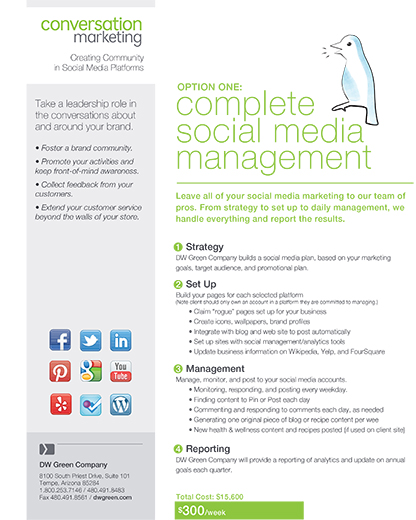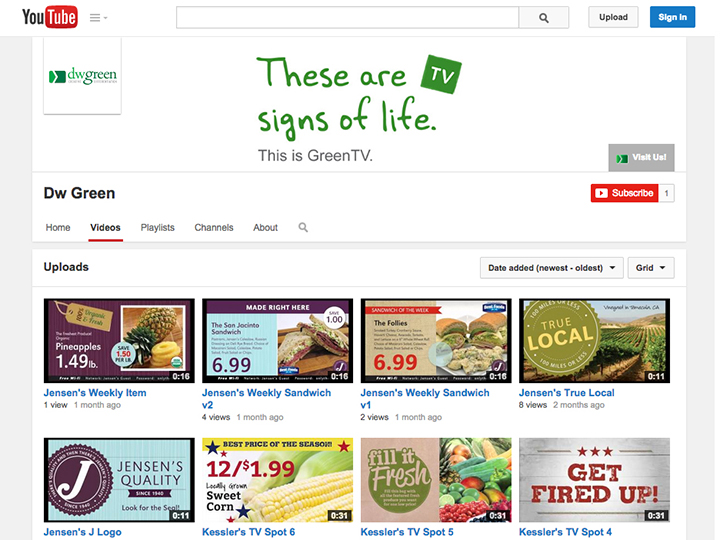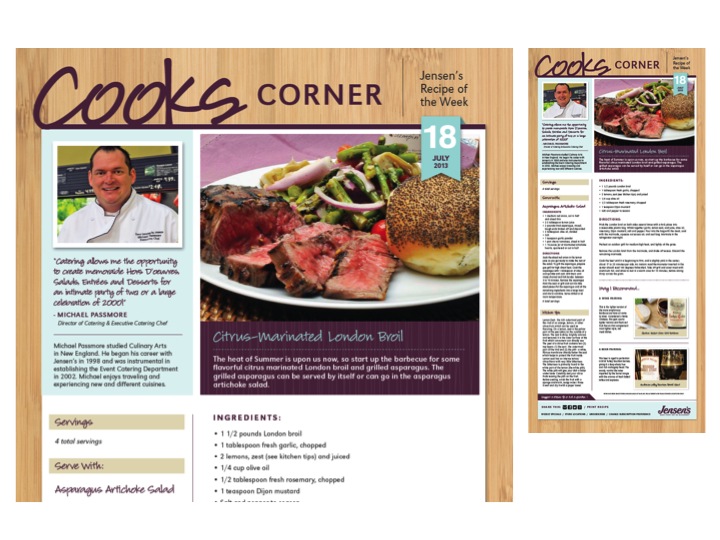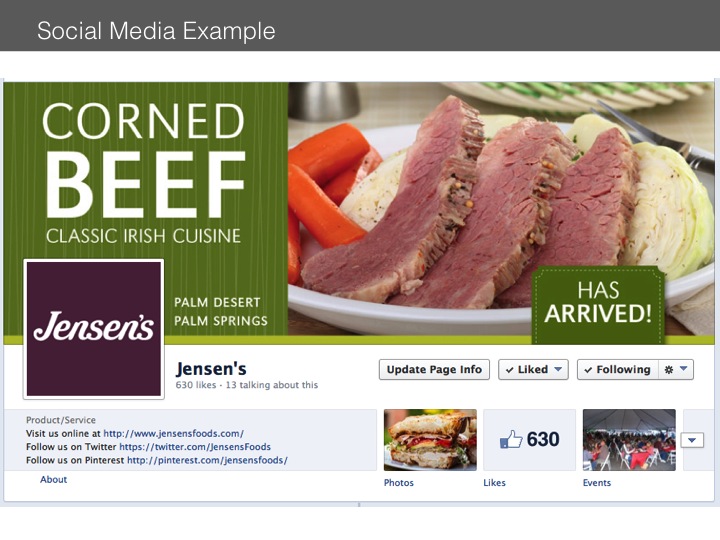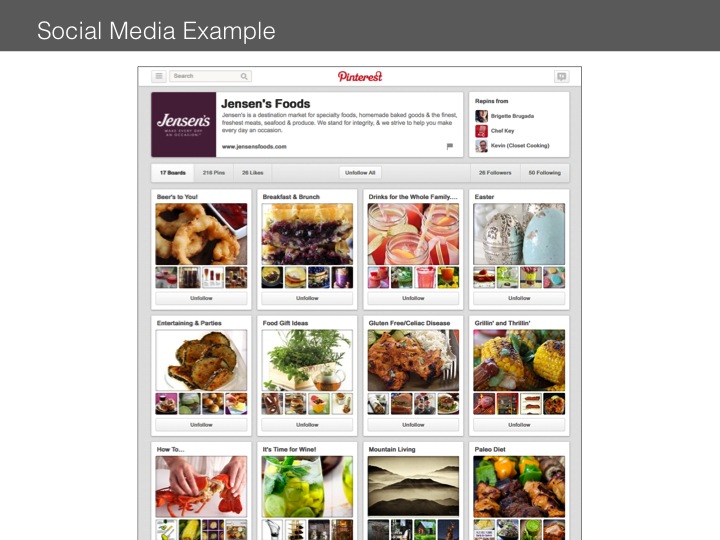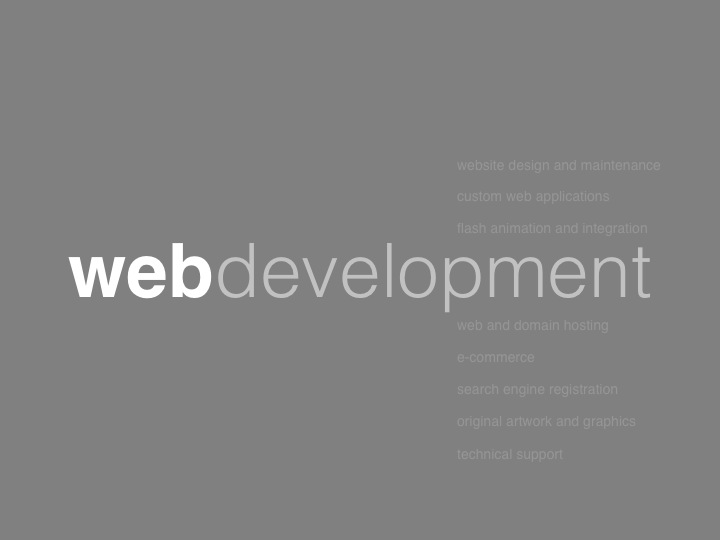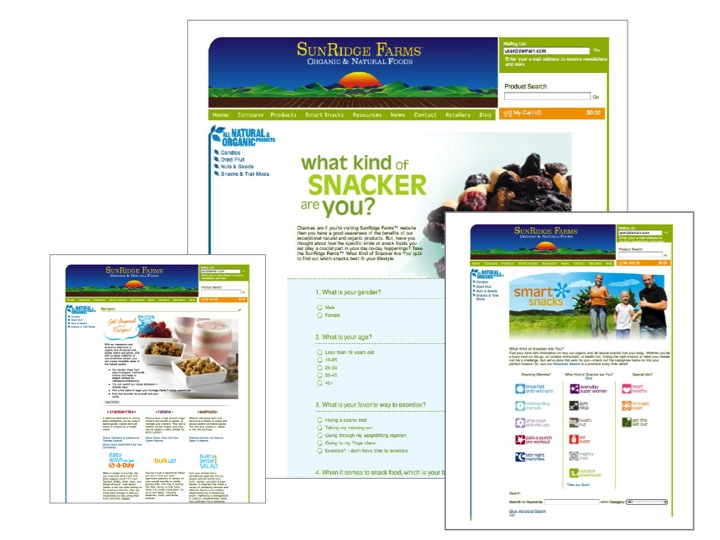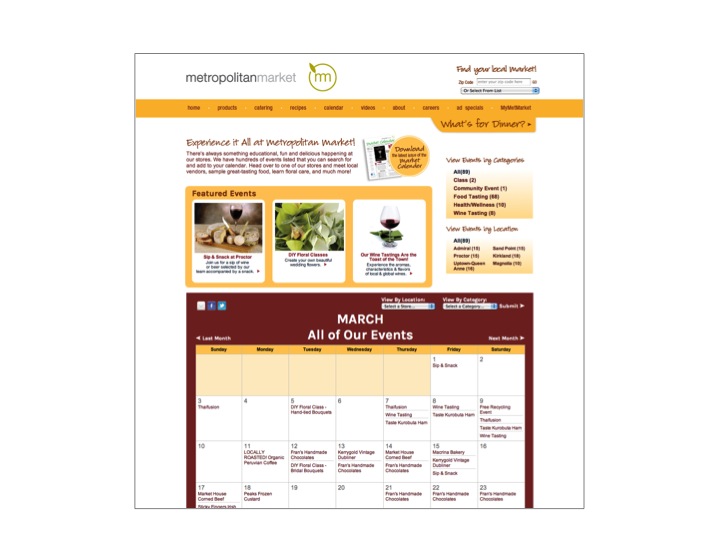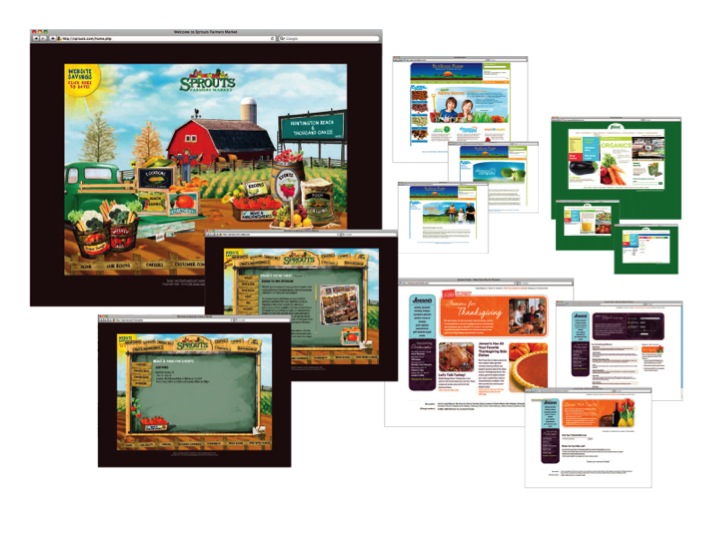DW's Blog
I Moved To Nowsville
by DW Green — December 29, 2021
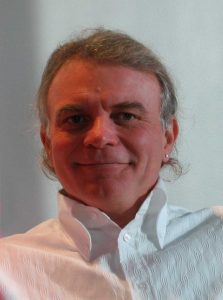
You are in control of all thoughts in your head.
Merry Christmas
by DW Green — December 22, 2021
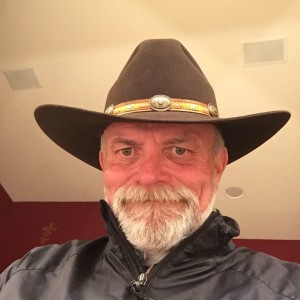
The Christmas season represents the Best in mankind.
Read More – It’s the Most Wonderful Time of the Year?
...read moreWhat Do You Have To Show For Your Years?
by DW Green — December 14, 2021
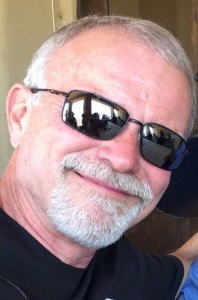
One day our hours begin to run out.
The Cards We’re Dealt
by DW Green — December 8, 2021

If you were suddenly told you had but a week to live, what changes would you make?
Read More – Gimme Gimme some credit??
...read moreSpendthrifts of Time
by DW Green — December 1, 2021
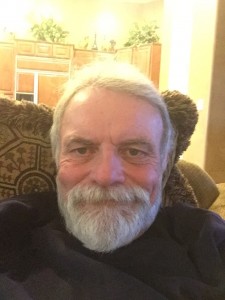
We are far too lax at enforcing our mental boundaries.
Read More – I Want to Play, Coach
...read moreGratitude
by DW Green — November 24, 2021

See the light in others and treat them as if that is all you see.
Don’t Mind Me, I’m Only Dying Slow
by DW Green — November 17, 2021

Every person is born with a death sentence. Each second that passes by is one you’ll never get back.
Read More – I Owe, I Owe…
...read moreBehold, Now As Ever
by DW Green — November 10, 2021

Love of fate: the welcoming of all life’s experiences as good.
Read More – A.W.E.
...read moreHope And Fear Are The Same
by DW Green — November 3, 2021

Love of fate: the welcoming of all life’s experiences as good.
Read More – Getting to Know You
...read moreYou Choose The Outcome
by DW Green — October 27, 2021
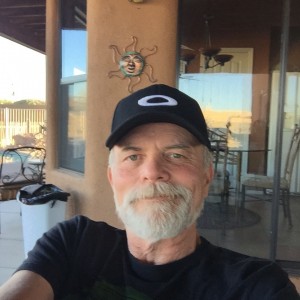
Acceptance isn’t passive.




